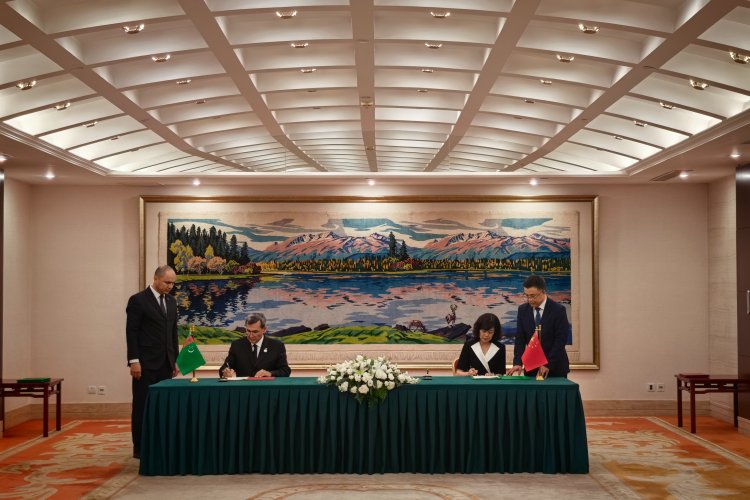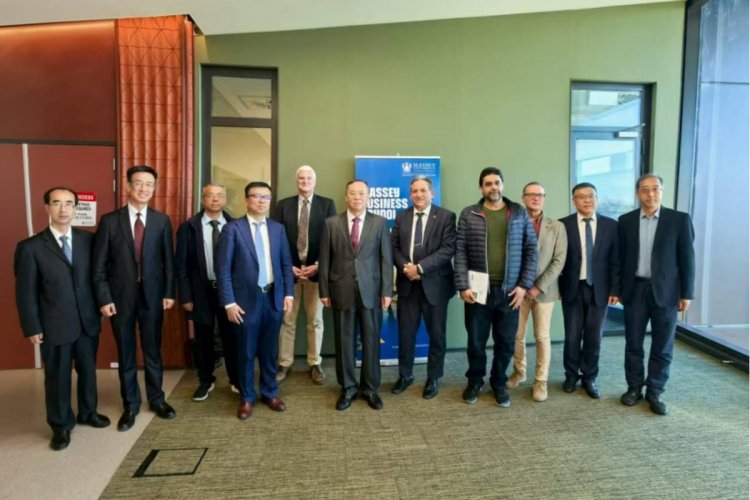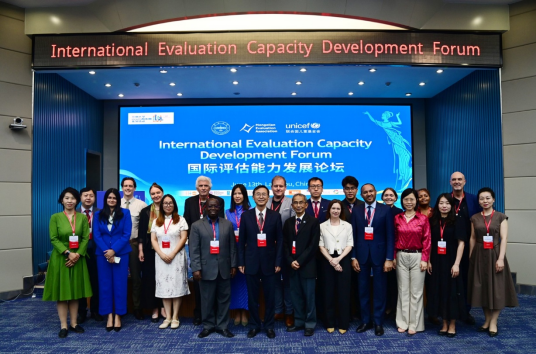Recently, the Belt and Road Think Tank Forum was held in Beijing. In the forum, Prof. Yang Shu, coming from the Central Asia Institute of LZU, was appointed as one of the 14 members of B&R think tank alliance expert committee.
Jin Xin, director of the Center for Contemporary World Studies of the International Liaison Department and the Secretary General of the Belt and Road think tank alliance, presided over the conference, whose theme is “The Fifth Anniversary of the Belt and Road Initiative: Review and Prospect”.
In April 2015, the International Liaison Department led and collaborated with Chinese Academy of Social Sciences, Development Research Center of the State Council, Fudan University, and China International Economic Exchange Center to launch the Belt and Road think tank alliance jointly. The Central Asia Institute of LZU was engaged as one of the first batch of council units of this alliance, while Prof. Yang Shu as the committee member. Up to date, the think tank alliance boasts 137 domestic council units and 112 international council units. Over the past three years, conforming to Six Economic Corridors Strategy, 21st Century Maritime Silk Road Initiative and Lancang-Mekong Cooperation Mechanism, this alliance has established 8 international think tank sub-networks, in the hope of promoting the active policy-based research by its members. Fortunately, some research results have been utilized by policymakers. Among those think tank sub-networks, LZU leads in the China - Central Asia – West Asia economic corridor sub-network. Focusing on the construction of this economic corridor, the Central Asia Institute of LZU has conducted a large quantity of research and yielded many high-level research results, which have won the praise from relevant ministries and commissions of China.
(Translated by Yang Han; proofread by Zhang Yuyuan; edited by Zhang Yuyuan)




